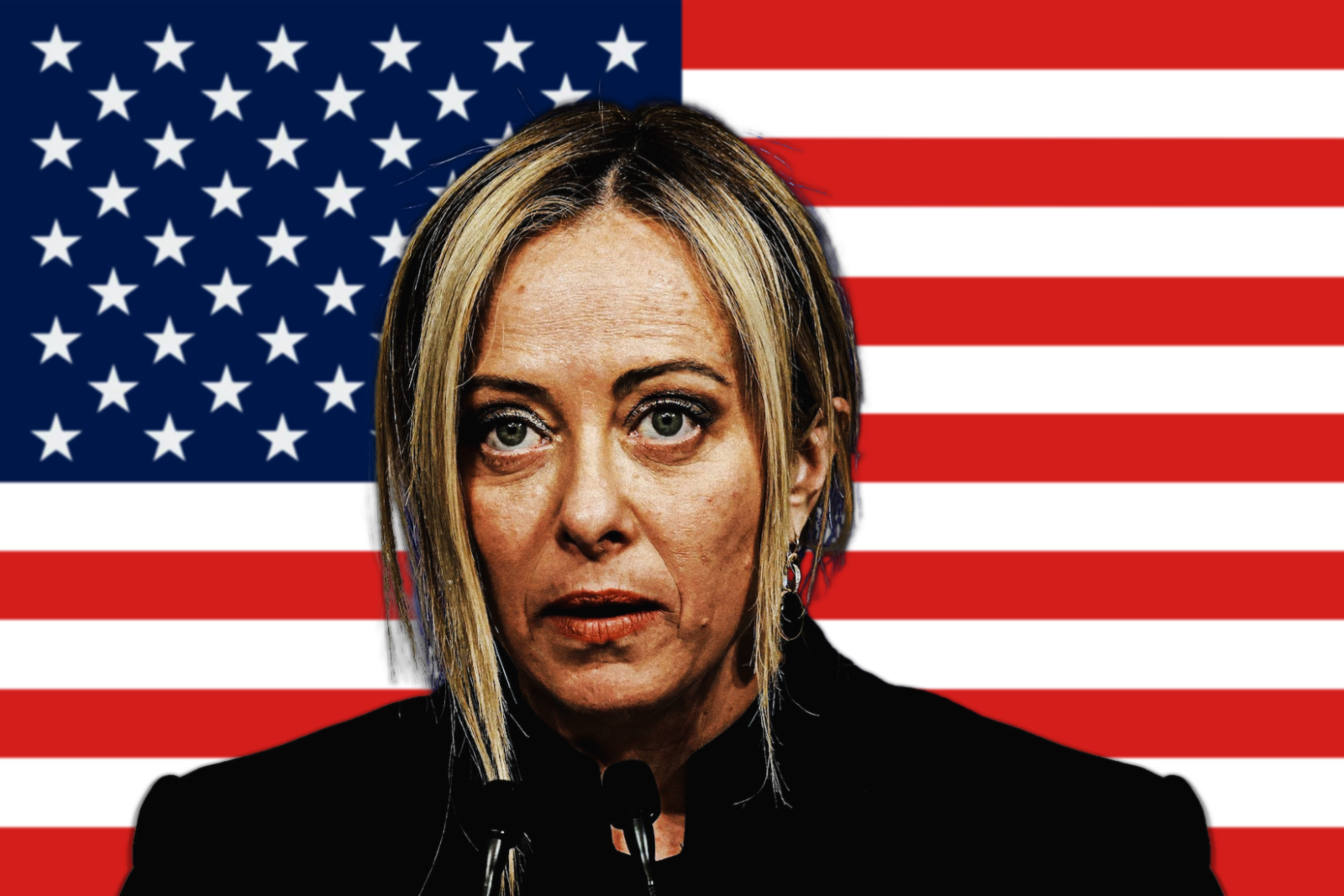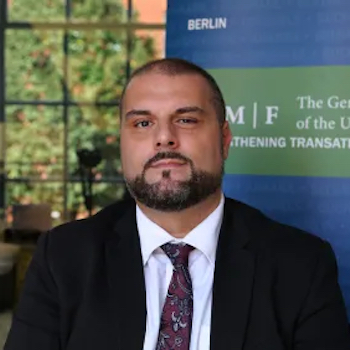
So Far, So Close: The (Not So) Strange Biden-Meloni Friendship
On the first of March, Giorgia Meloni made her second official visit to Washington since assuming the role of Italy’s Prime Minister in October 2022. This latest trip chiefly centered around Italy’s current presidency of the G7, with Meloni scheduled to visit Canada to meet with Prime Minister Justin Trudeau for discussions along similar veins.
During her trip, Prime Minister Meloni and President Biden engaged in discussions that underscored a collective resolve to champion an international order that prizes the rule of international law, multilateralism, and the pillars of democracy, solidifying a staunch front in support of Ukraine. Their agenda cast a wide net over a spectrum of pressing global issues: from the ongoing war in Gaza and its expansive impact on international imperatives to Italy’s aspiration to cultivate a more equitable approach to Africa, eschewing exploitation in favor of genuine cooperation. They also addressed the growing geopolitical prominence of the Indo-Pacific region, the knotty challenges presented by migration, and the seismic shifts artificial intelligence is expected to inflict upon the global system and the democracies within it.
Yet, amidst this G7-focused backdrop, the rendezvous with Biden bore an intrinsic bilateral significance, as it aimed to amplify the collaboration between the United States and Italy—a relationship underpinned by the Joint Declaration penned during Meloni’s first visit to Washington in July of last year.
Notwithstanding the clear-cut ideological, political, cultural, and generational contrasts separating Biden and Meloni, the Italo-American alliance has only been invigorated under their collective stewardship. “Excellent” is the term recurrently employed by Italian diplomatic officials to describe the current state of affairs, a sentiment heartily reciprocated by their American counterparts.
This progression, albeit somewhat anticipated, was never a foregone conclusion. Giorgia Meloni succeeded Mario Draghi, whose epoch in office was distinguished by a fortified Euro-Atlantic allegiance. The ex-European Central Bank chieftain stood as a zealous proponent of reinforcing the Italo-American, as well as the broader Euro-American bonds. His intimacy with the echelons of American leadership was unparalleled in the annals of transatlantic discourse. His uncanny anticipation of the issues at stake often reduced the necessity for coordination to a mere formality. His collaboration with Treasury Secretary Janet Yellen against Russia’s central bank, particularly in the realm of sanctions, serves as a monumental testament to their congenial synergy.
Meloni, hence, inherited a legacy both intricate and daunting, further compounded by a skepticism harbored within U.S. circles—especially amongst Democrats and Liberals—toward her ideological pedigree and her historically contentious perspectives. The Fratelli d’Italia, or Brothers of Italy, her right-wing party, germinated from the soil of Italian post-fascism. Criticism has not eluded her for her rigorous stance on issues spanning immigration, LGBTQ rights, her previously professed admiration for Russian President Vladimir Putin, her vociferous Euroscepticism, and a history of support for Donald Trump. Joe Biden, reflecting upon Meloni’s electoral triumph, expressed the concerns pervasive within his party regarding what her ascension portended for the rise of far-right leadership within the U.S. and beyond.
Yet, despite the formidable shadow cast by Draghi’s legacy and the apprehension cast over her both domestic and international positions, Meloni’s transition has unfolded with a seamless grace. Her interpersonal dynamics with Biden have blossomed, evidenced by their fruitful cooperation on several fronts. Nonetheless, this smooth succession is not solely the product of personal chemistry; it is undergirded by a suite of structural elements that underscore the resilient foundation of American-Italian relations.
Such is the structural solidity of this bilateral connection that leadership changes do little to sway its course. Moreover, its robustness possesses the potency to sway domestic political stances. Even before her electoral victory, Meloni had begun to recalibrate her foreign policy compass, notably affirming Ukraine’s prerogative to defend itself, thereby reinforcing her leadership’s credibility by realigning more closely with Western and Atlanticist tenets.
This pivot necessitated her navigation of pressures from within her government coalition, ranging from Silvio Berlusconi’s Forza Italia to Matteo Salvini‘s camp. Her drift from prior endorsements of Trump to a more centrist European conservative posture has catalyzed both disquiet within the American conservative faction, evident in a scathing critique by Fox News, and has been strategically leveraged by her allies, with Salvini positioning himself as Italy’s sole torchbearer for Trumpian camaraderie, aiming to unsettle his political “frenemy” in the eyes of the White House.
The journey from individual skepticism to a robust partnership between Biden and Meloni has been noteworthy for its lack of turbulence. This unlikely duo’s alliance demonstrates that even the most ideologically disparate leaders can discover a common strategic tapestry—a convergence clearly catalyzed by the inherent vigor of the Italo-American accord.

